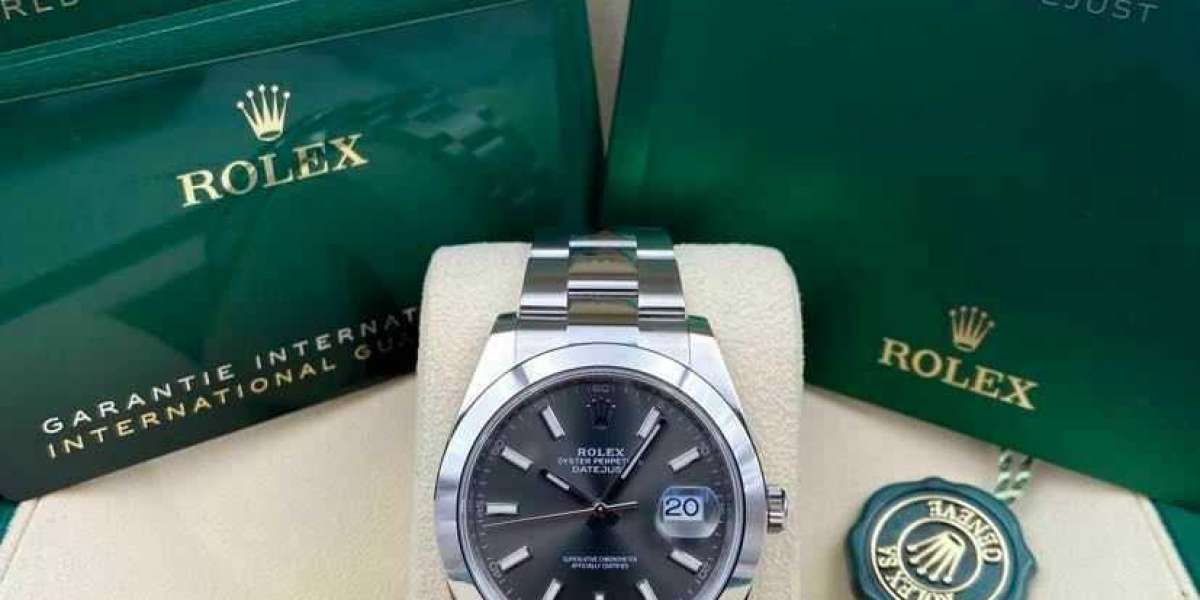Counterfeit merchandise have turn out to be a serious issue in the luxurious goods business, with high-finish watch brands like Rolex being one of the mostly replicated gadgets. The allure of proudly owning a Rolex watch is undeniable, with its popularity for quality and status image attraction. Nonetheless, not everybody can afford the steep value tag that comes with proudly owning a real Rolex watch, leading some shoppers to turn to pretend or replica variations as a extra inexpensive alternative.
However is it authorized to sell faux or replica Rolex watches? The answer to this query will not be black and white, as it is determined by various elements such as the country wherein the sale takes place, the intentions of the seller, and the particular legal guidelines governing intellectual property rights.
In many international locations, promoting pretend or replica Rolex watches is illegal and thought of a form of counterfeiting. Counterfeiting is the act of producing or selling items that are intentionally designed to deceive shoppers into believing they are purchasing a real product. This observe shouldn't be only unethical but in addition damaging to the reputation and earnings of reliable manufacturers like Rolex. Counterfeit products typically lack the same degree of craftsmanship, sturdiness, and quality management that genuine merchandise offer, leaving consumers with inferior items that do not stay as much as their expectations.
In addition to the moral considerations surrounding counterfeiting, selling pretend or replica Rolex watches can also have authorized penalties. Intellectual property laws protect the rights of manufacturers like Rolex to their designs, logos, and trademarks, making it illegal for counterfeiters to revenue off these rights without permission. Promoting fake or replica Rolex watches with out authorization can lead to civil lawsuits, criminal fees, and hefty fines for the offenders.
Despite the authorized risks related to selling faux or replica Rolex watches, some sellers nonetheless choose to interact in this practice for monetary achieve. The demand for luxurious items at a fraction of the price drives a thriving marketplace for counterfeit products, with many customers unaware of the illegalities and ethical implications of buying fake or replica items. To combat this situation, regulation enforcement businesses, customs officials, and brand owners work collectively to determine and prosecute counterfeiters, with the goal of defending customers and preserving the integrity of real manufacturers.
In some instances, the sale of pretend or replica Rolex watches may be considered authorized underneath specific circumstances. For instance, some nations have laws that enable for the sale of replica products as long as they are clearly labeled as such and do not infringe on the intellectual property rights of the real model. These replica watches are often marketed as reasonably priced alternate options for customers who respect the design of luxury watches however can't afford the actual thing.
Moreover, there are legal distinctions between counterfeit and replica merchandise that may have an effect on the legality of their sale. Counterfeit merchandise are designed to deceive shoppers into believing they are buying a genuine item, whereas replica products are openly marketed as imitations that do not claim to be genuine. Because of this, the sale of replica Rolex watches could also be much less likely to lead to authorized motion compared to the sale of counterfeit Rolex watches.
In the end, the legality of promoting faux or replica Rolex watches is determined by the specific circumstances of each case and the legal guidelines of the nation in which the sale takes place. It will be significant for shoppers to concentrate on the risks and consequences related to buying counterfeit or replica merchandise, as well as the moral implications of supporting illegal practices. While replica watches may offer a extra affordable choice for shoppers who appreciate luxury designs, it is essential to prioritize authenticity, quality, and authorized compliance when making purchasing selections.



